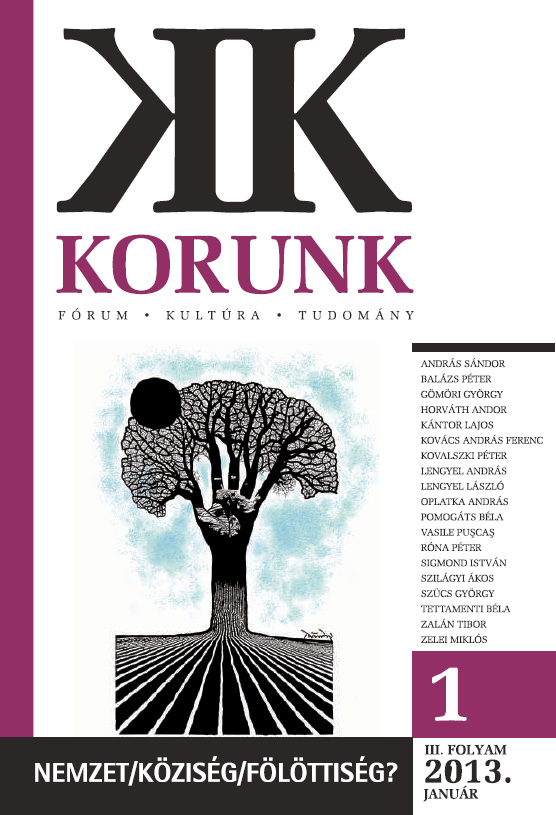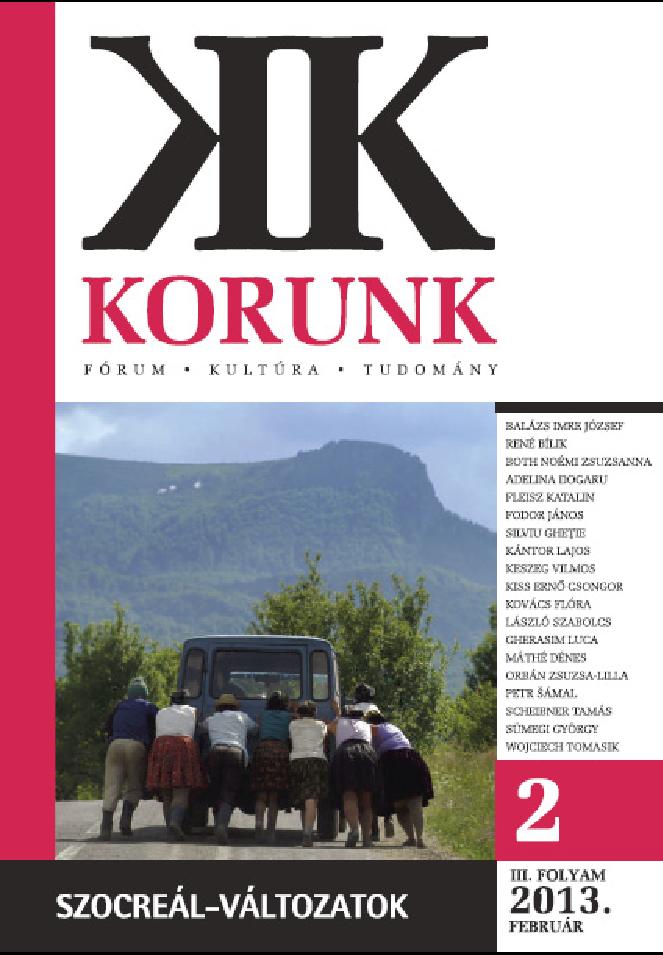
The world of banks
Bankok világából
– …a japánokat kicsit untad, de még nem beszéltél arról, hogy mi történt Venezuelában. – Az a nagy megbízás a venezuelai jegybanktól jött az olajárrobbanás után. Akkoriban egyes jegybankok azzal a jelenséggel szembesültek, hogy elözönli õket a dollár, és csak halmozódik-halmozódik a rengeteg pénz. És ebbõl egy elviselhetetlen inflációs nyomás keletkezik a belföldi piacon.
More...
